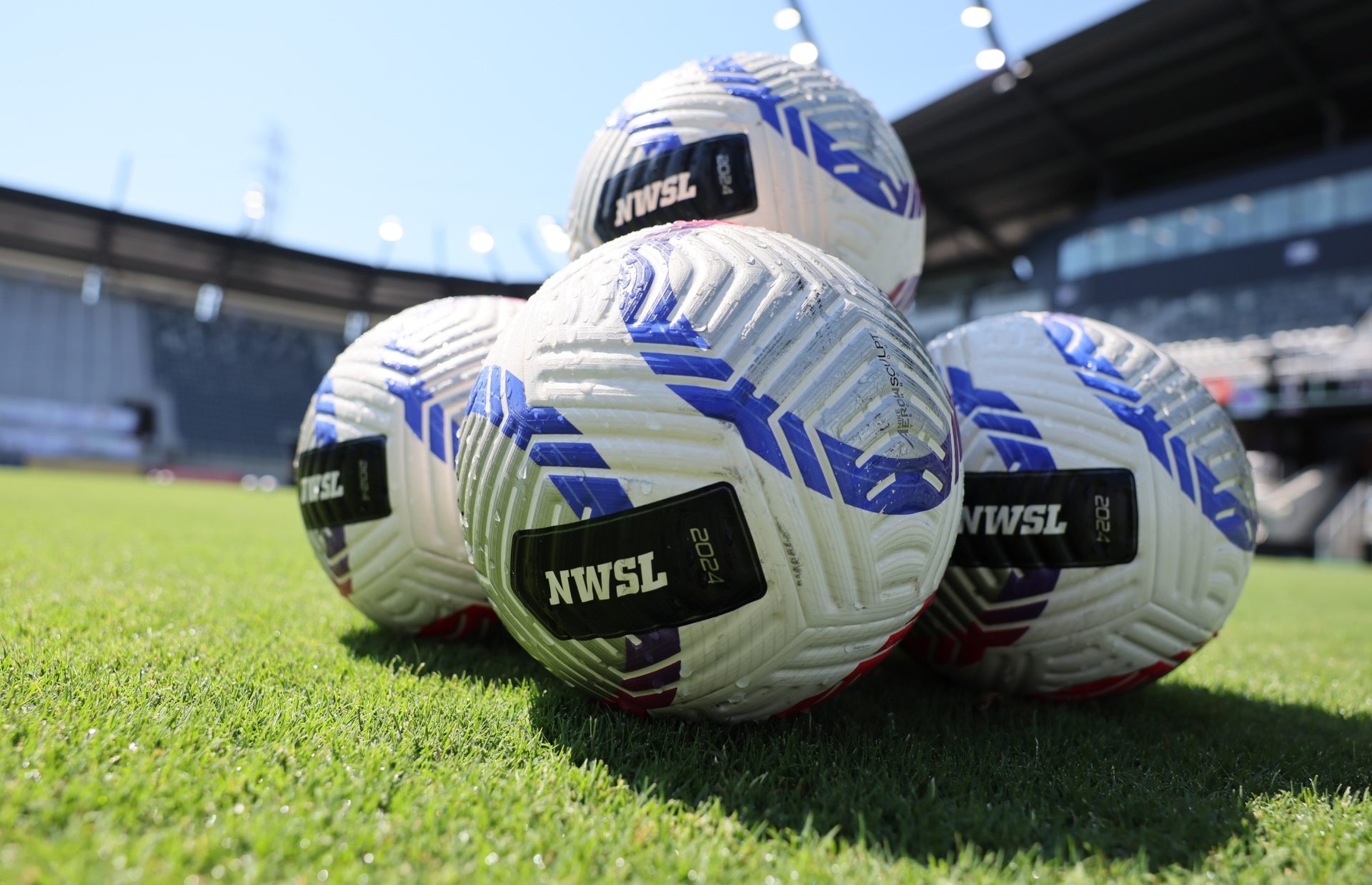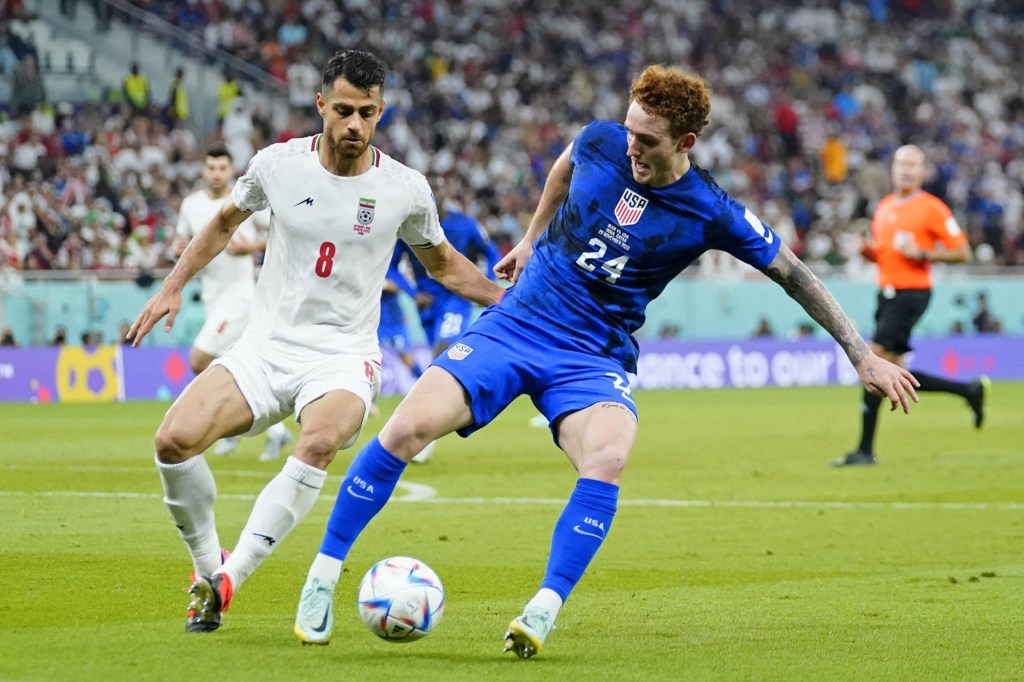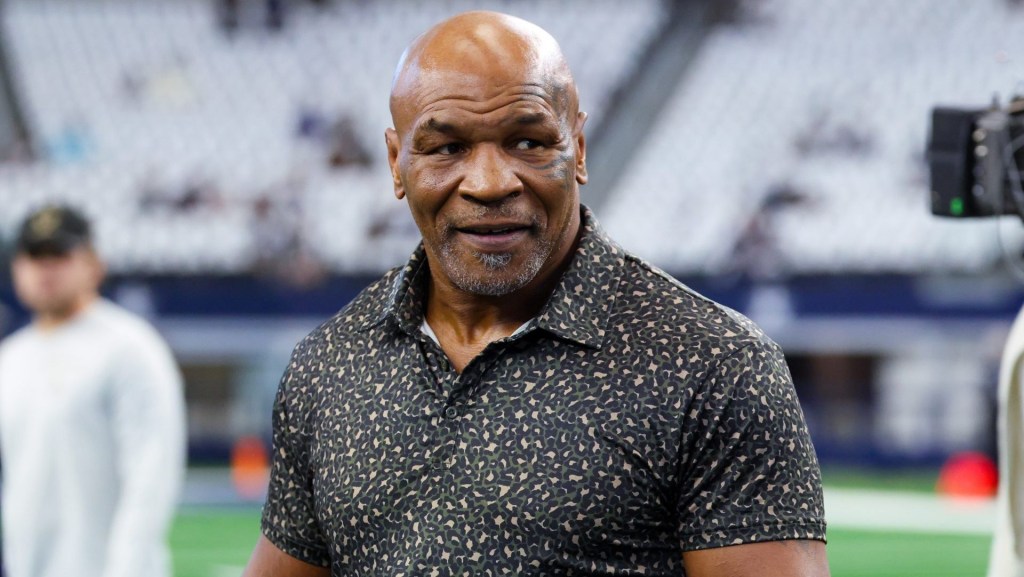Boston Legacy Football Club won’t play its first NWSL game until next year, but it just recorded a big win in court.
The city of Boston and the team’s owners, Boston Unity Soccer Partners, will move forward with their $200 million renovation of White Stadium after Massachusetts Superior Court Judge Matthew Nestor ruled in their favor Wednesday in a case brought by local community members.
The Emerald Necklace Conservancy and 20 people sued the team and city, citing concerns about future access to the park, traffic and congestion, what the changes would mean for Boston Public Schools, losing access on summer weekends, and more. Criticisms about the stadium have grown louder as the renovation costs—and the city’s portion of those costs—roughly doubled.
One of those critics, mayoral candidate Josh Kraft (son of billionaire Patriots owner Robert Kraft), has made the stadium a campaign issue in his upcoming challenge to mayor Michelle Wu, a strong supporter of the stadium plans, in November’s mayoral election. Wu’s administration came under increased scrutiny when internal emails released in February showed potential favoritism and state violations in the city’s bidding process for White Stadium renovations. Kraft called the process “secretive and rigged.”
“The fight to protect Franklin Park is not over,” one of the plaintiffs, Melissa Hamel, said in a statement. “The project’s full construction cost will not be clear until at least July, when construction bids are due, and we hope there is a limit to how much the city is willing to spend to prop up Boston Unity’s private investors.”
In a statement, Kraft called the taxpayer-funded renovation “a bad idea, regardless of the legal outcome today.”
Wu defended the renovation as beneficial, pointing out that the stadium will largely be available for public use, and said she “will not apologize” for it.
Emerald Necklace Conservancy and the other plaintiffs based their legal argument on two local and state regulations concerning the use of public land. The day before the trial began, the judge ruled that the group could not argue one of them, leaving the stadium opponents with their case that the team violated Article 97 of the state constitution and needed a vote in the state legislature to play at White Stadium. The team argued that their renovations didn’t fall under Article 97.
“Notwithstanding the testimony from nearby residents, there is simply inadequate evidence that the everyday use of the property evinces an unequivocal intent to dedicate the property as public parkland,” Nestor wrote, “I conclude, therefore, that the Stadium Parcel is not protected by Article 97.”
The soccer team faced another public controversy since winning an expansion bid in September 2023. The team unveiled its original name, Bos Nation FC, an anagram of “Bostonian,” in October, along with a now-infamous “Too Many Balls” brand rollout. The campaign immediately prompted an apology from the team, and the new name, Boston Legacy Football Club, was unveiled in March.
The team will now continue with the renovation process at White Stadium and continue on with its public-private venture. Demolition had already begun before the case went to trial.
“With today’s ruling, we are pleased to continue the revitalization of White Stadium alongside the city of Boston,” controlling owner Jennifer Epstein said in a statement. “Boston Public Schools students and the communities around Franklin Park have long deserved the type of generational investment this project delivers.”




![[Subscription Customers Only] Jun 15, 2025; Seattle, Washington, USA; Botafogo owner John Textor inside the stadium before the match during a group stage match of the 2025 FIFA Club World Cup at Lumen Field.](https://frontofficesports.com/wp-content/uploads/2026/02/USATSI_26465842_168416386_lowres-scaled.jpg?quality=100&w=1024)

![[Subscription Customers Only] Jul 13, 2025; East Rutherford, New Jersey, USA; Chelsea FC midfielder Cole Palmer (10) celebrates winning the final of the 2025 FIFA Club World Cup at MetLife Stadium](https://frontofficesports.com/wp-content/uploads/2026/02/USATSI_26636703-scaled-e1770932227605.jpg?quality=100&w=1024)










